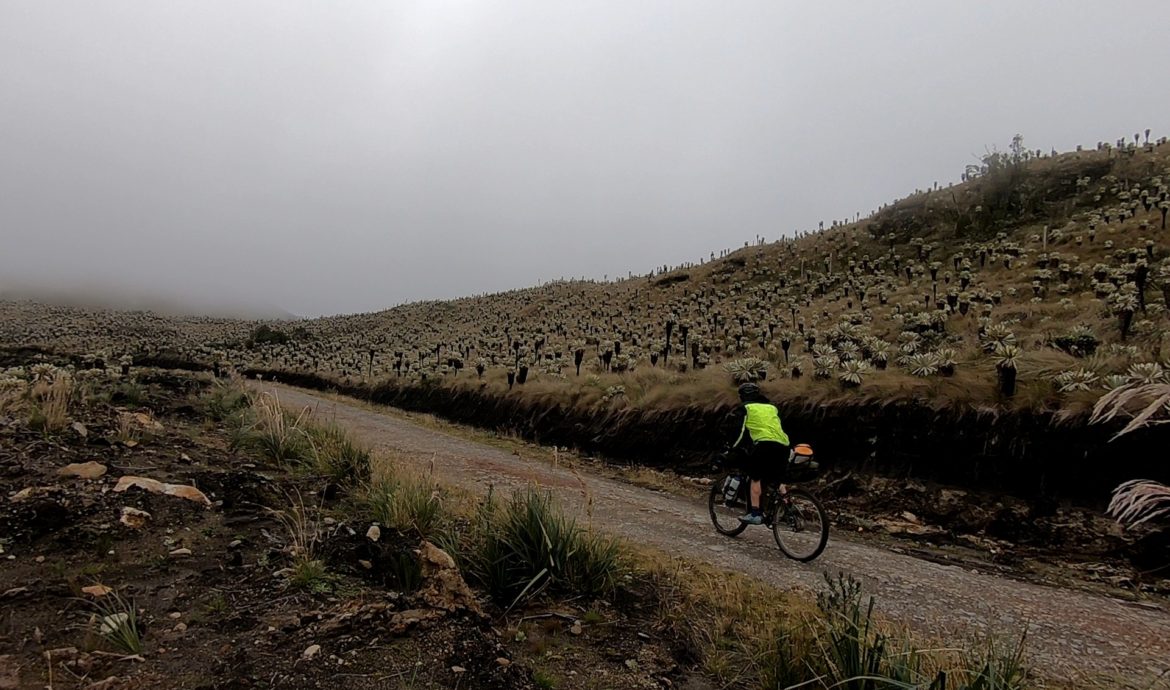
Fronteras
EcuadorTulcán, the first town on the Ecuadorian side of the border, didn’t look much different from Ipiales, the last town on the Colombian side of the border. Should I expect anything different of Ecuador? Will Ecuatorianos understand the Colombian colloquialisms I’ve unwittingly learned? Will I still be able to get a three dollar menu del día for lunch? Will people still wave or honk at me on my bike in encouragement?
Every peculiarity became an exaggerated stereotype in my mind. A truck whizzed past me closely. Do people hate cyclists in Ecuador? The odor of manure wafted from a nearby farm. Does Ecuador smell terrible? All the stores were closed. Do people not eat breakfast in Ecuador?
I felt off balance. After learning so much about Colombia, I didn’t even know who the president of Ecuador was. Should I ask someone?
“El presidente es Moreno. Terrible,” the woman who served my breakfast told me, when I eventually found a hole in the wall that was open.
I didn’t really want to talk politics, so I changed topics: “¿Como está esto pueblo?” The town seemed pretty rundown and dirty to me, but I was hoping I could learn something positive from her.
“Bajando,” she said spitefully, going on to explain that the town didn’t have any good business or industry to keep it afloat economically. What’s more, the town had been overrun with Venezuelano refugees migrating across the border from Colombia over the past several years. “¡Ladrones!” she called them.
“Pero no los todos,” I told her. They couldn’t all be criminals; I plead with her that there must be some nice families in a tough spot.
“No quieren trabajar,” she complained in response.
In Colombia, I’d heard the opposite – that Venezuelanos wanted to work, but they couldn’t obtain work permits since Colombia had a high unemployment rate to begin with. So they tried to blend into the informal economy, despite pushback from Colombian street vendors who didn’t appreciate the increased competition. In Cartagena, Liz and I listened to a former music instructor from Venezuela play the violin to the tune of “Despacito” in a bar for tips. In Medellín, a man selling waters and sodas in the street told us he and his family had walked here from the border over the course of several months. A Colombian friend told us that if somebody was begging for money and told you they were Venezuelano, they probably were just a local panhandler trying to take advantage of the situation. Venezuelanos were too proud to beg, he said.
But here in Tulcán, they didn’t like working, apparently. Seems like the poor Venezuelanos couldn’t catch a break.
“¿Es mejor en los Estados Unidos, no? No los permiten,” the woman said. So much for avoiding politics. I told her that immigration policies were strict right now in the United States, but that I hoped we would let families in need across our borders. She huffed.
As I thought about US immigration policies, I recalled another interaction we’d had in Medellín. As a man approached us, I thought he was another panhandler or Venezuelano selling some knick-knack, but then he said with a desperate tone, “Do you speak English?” When I told him I was from California, he burst into tears. He was from Orange County, but he’d been deported to Colombia only a week ago. He’d never lived in South America in his adult life and didn’t even speak Spanish. His wife and his children were back home in California, while he was now homeless, broke, and unable to communicate. He didn’t want money; he just wanted someone to hear the inhumanity of his story, but everyone who passed just told him, “no, gracias.”
At least he was deported to a stable country, and not Venezuela – something our current administration is doing, despite our president’s rhetoric in the State of the Union, “We stand with the Venezuelan people in their noble quest for freedom” – unless they try to achieve that freedom by seeking asylum in the US.
Leaving Tulcán, I passed several Venezuelanos camped out on the side of the road, and several more walking along the highway with all their belongings. If I felt off balance in my new surroundings, I couldn’t imagine how they felt. I’m just riding my bike around. They’re searching for a new home because they lost everything in their country. I wished that I could tell them that they would be welcome in my country.
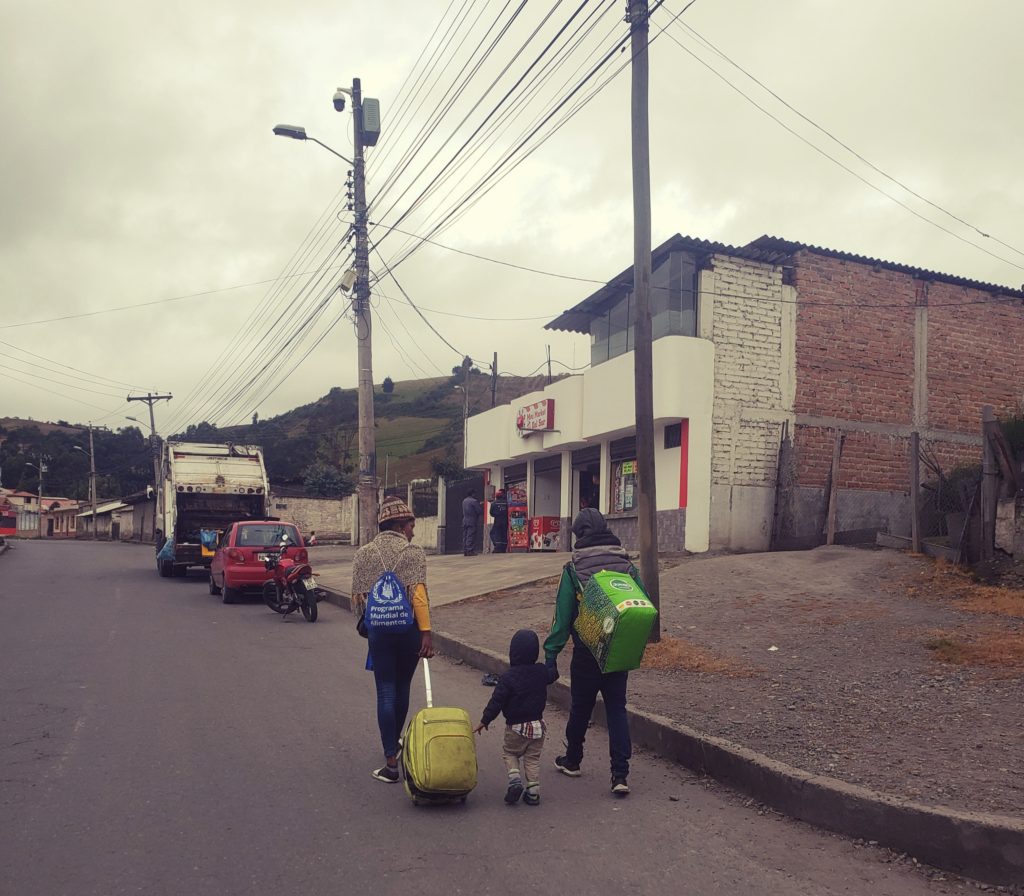
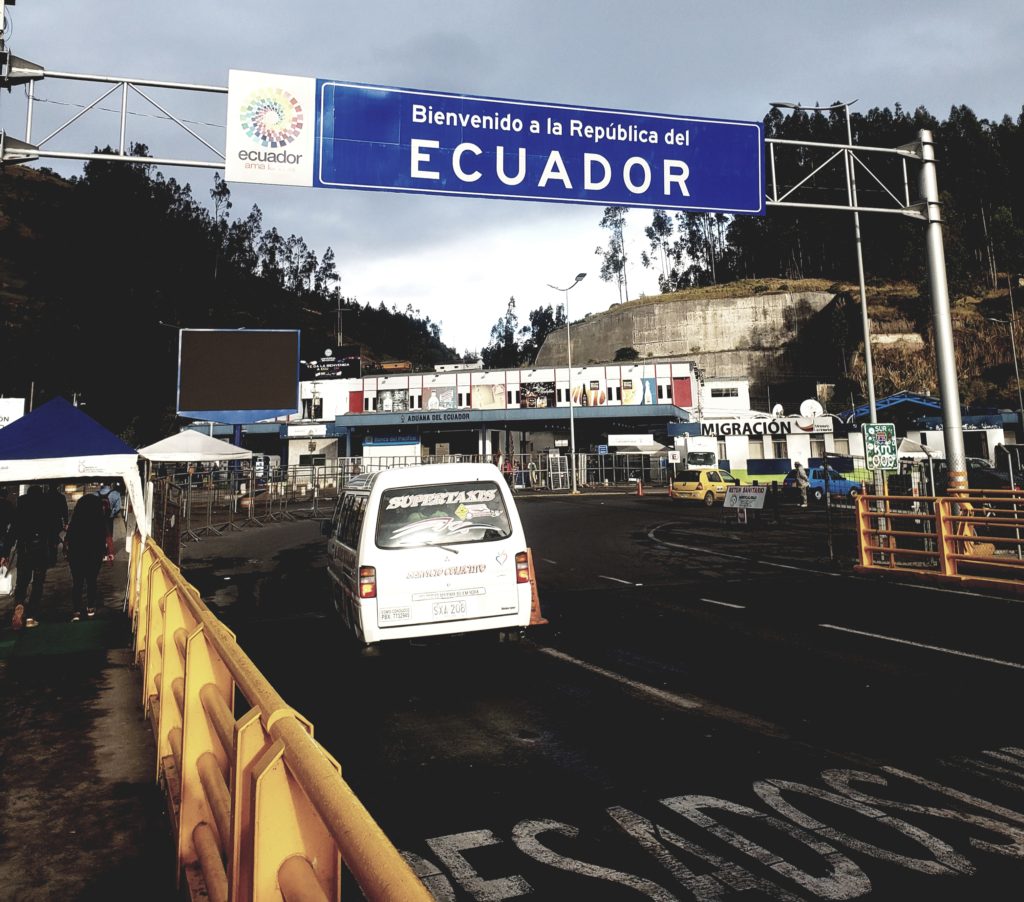
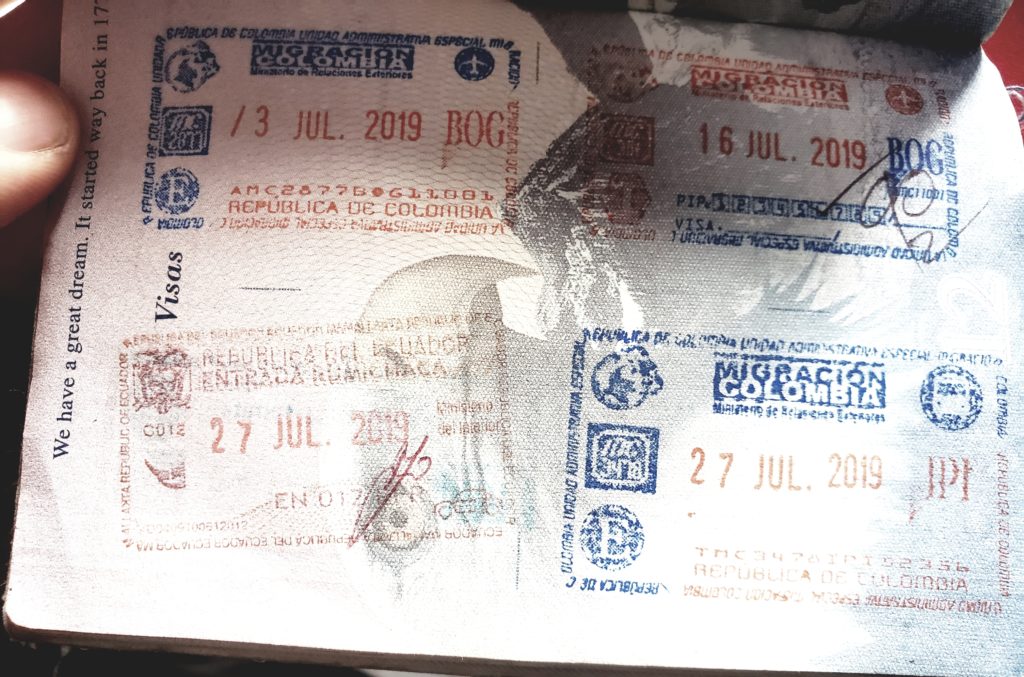
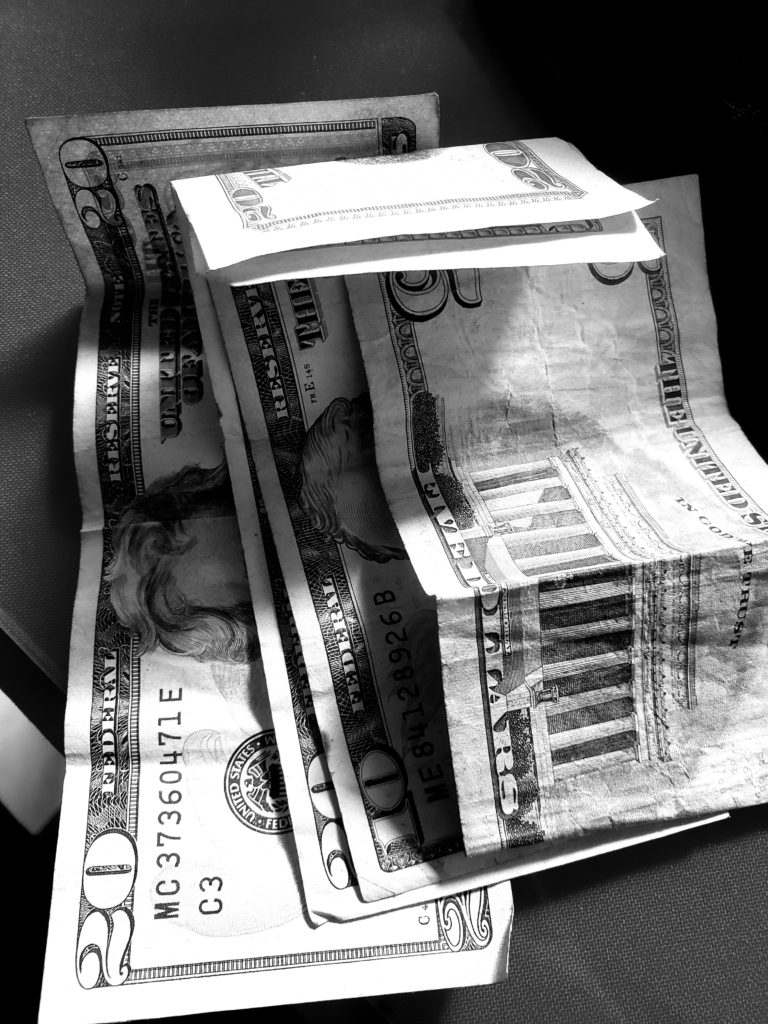
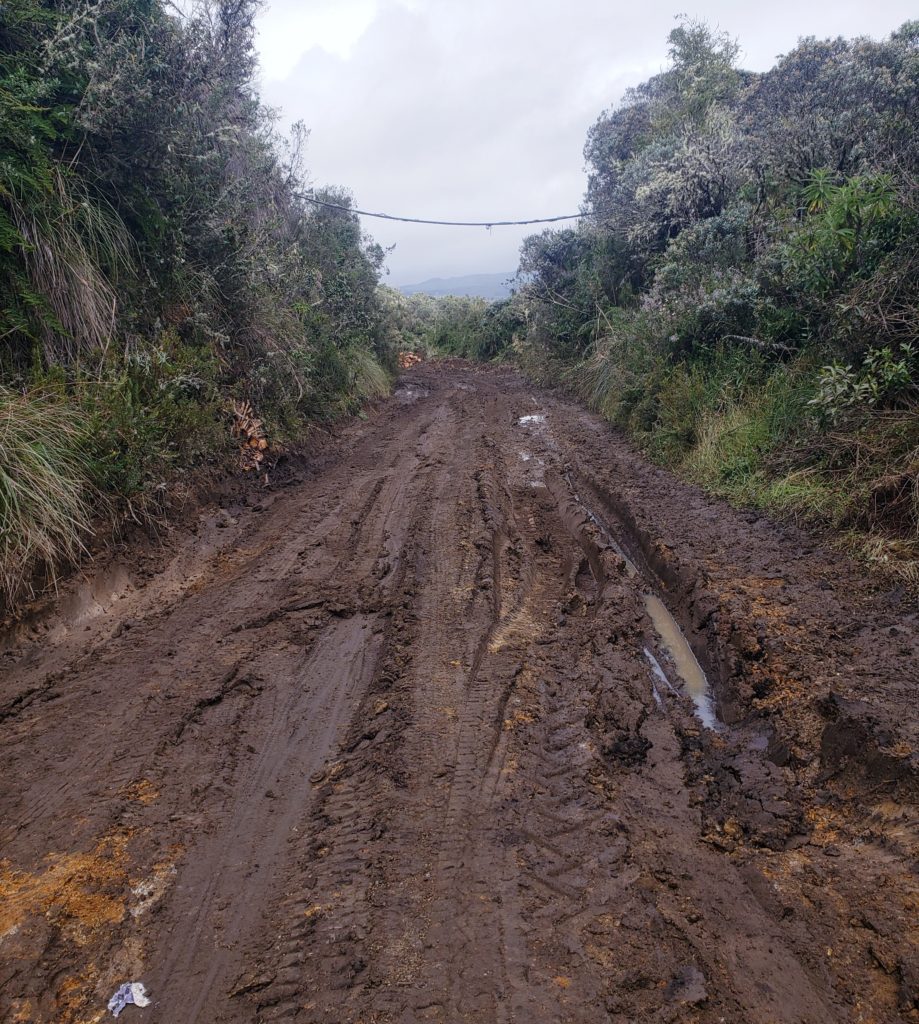
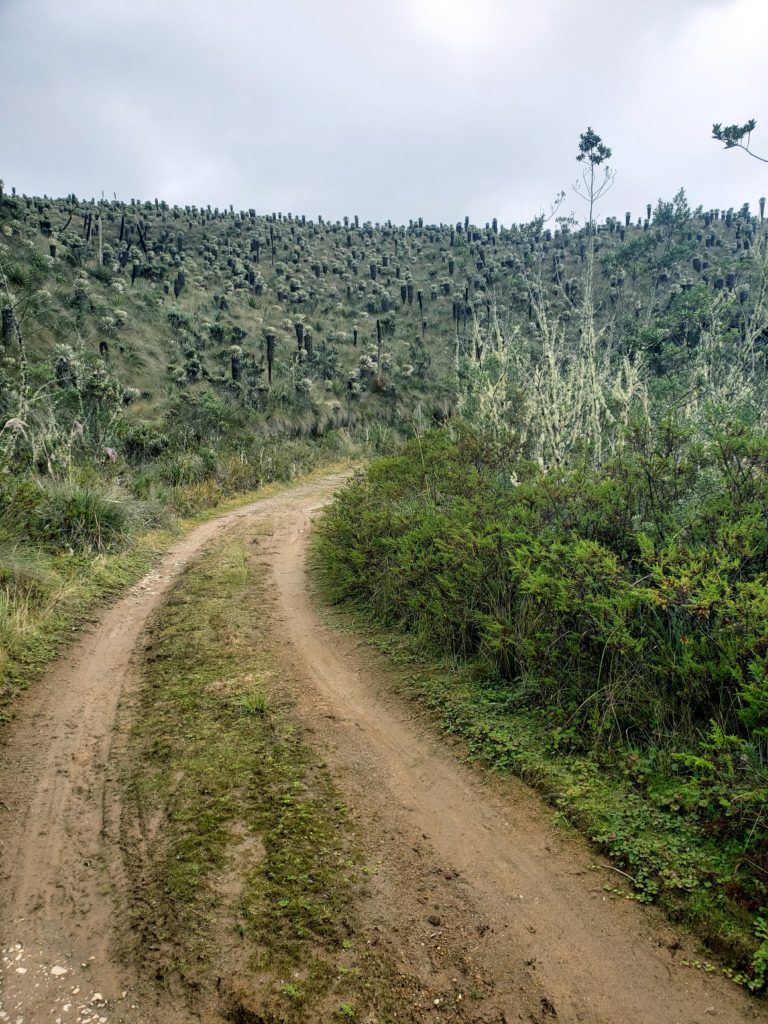
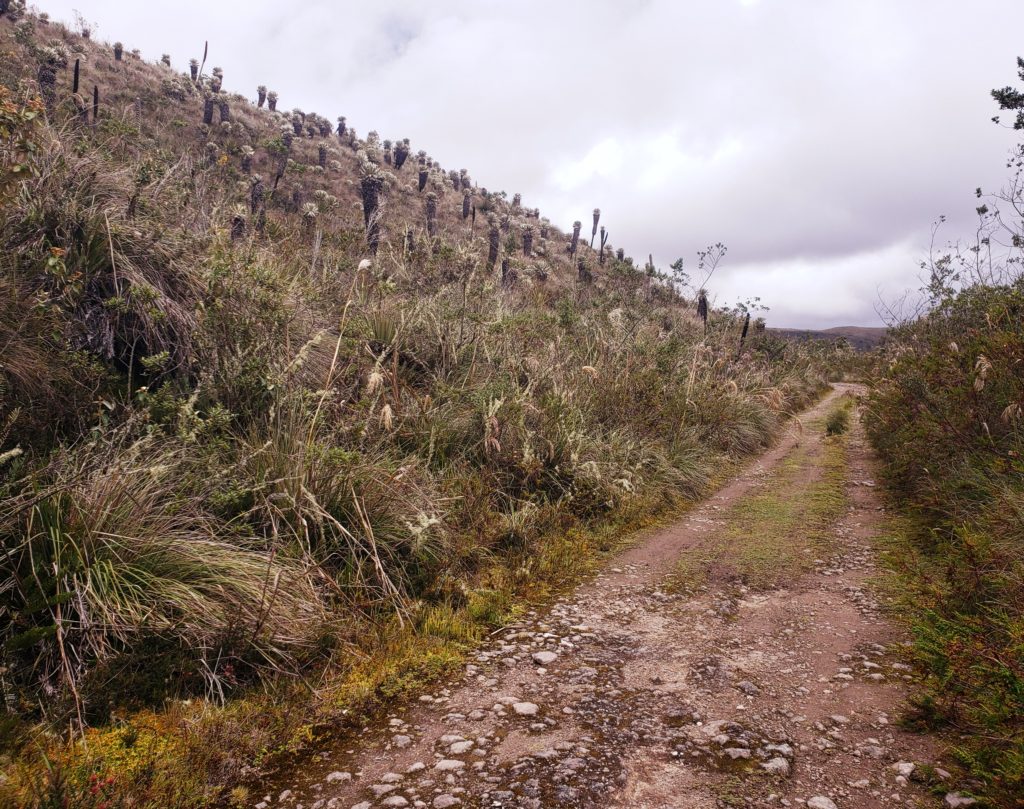
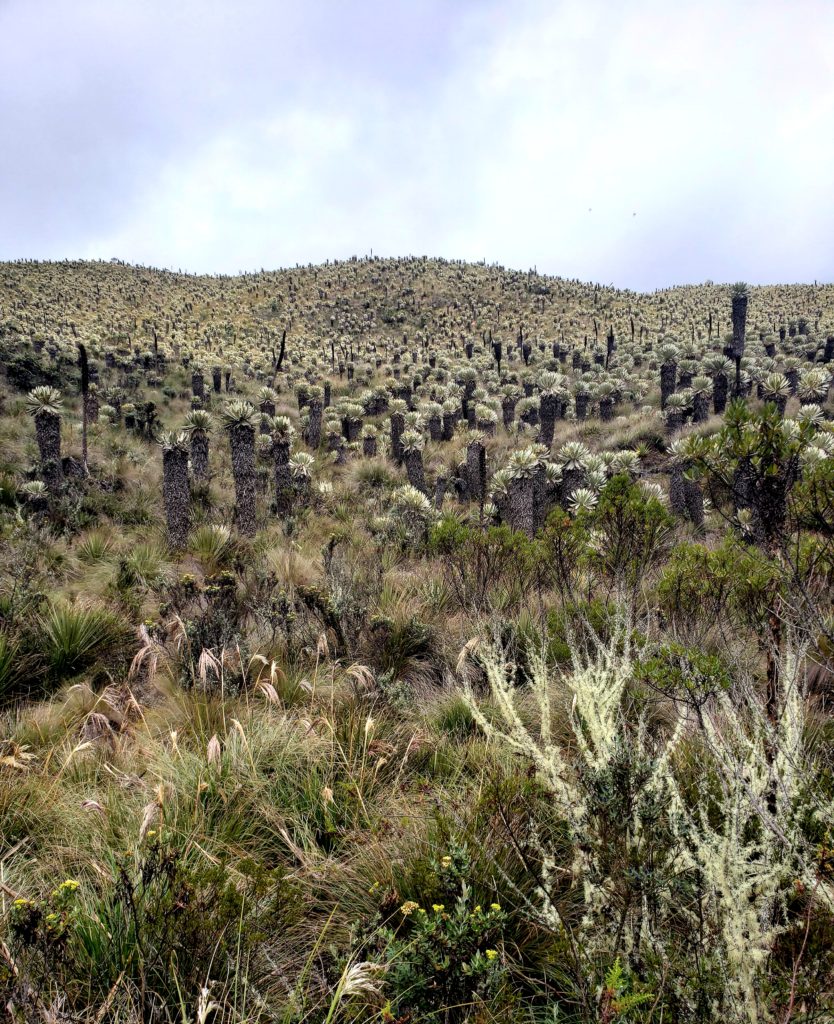
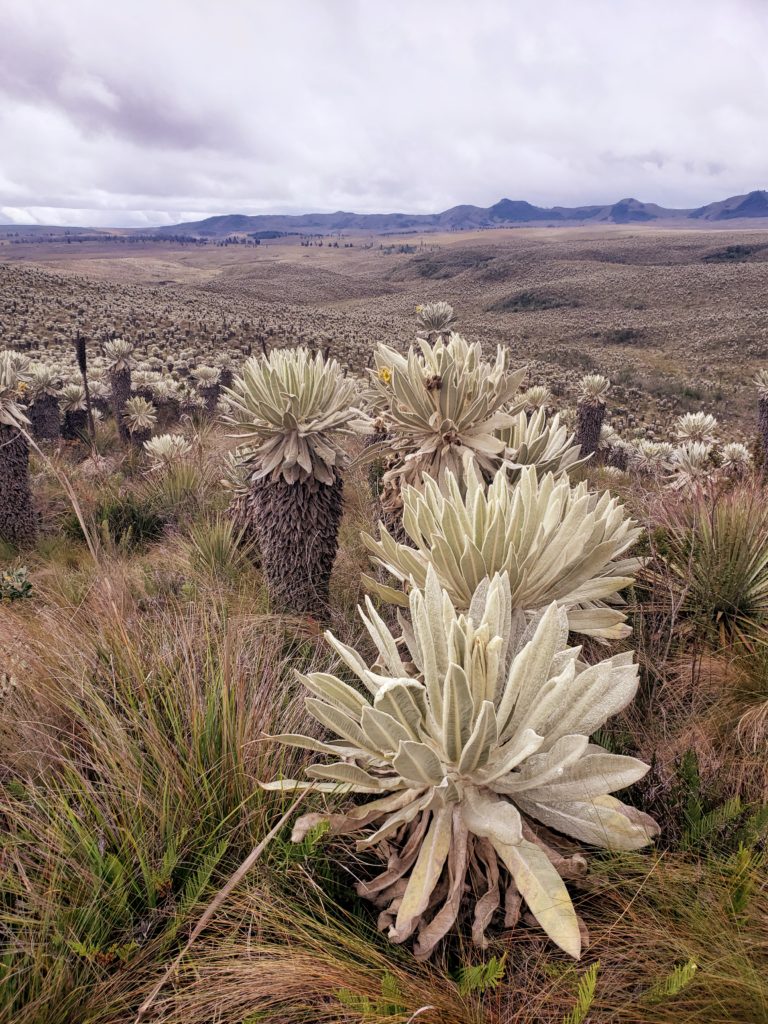
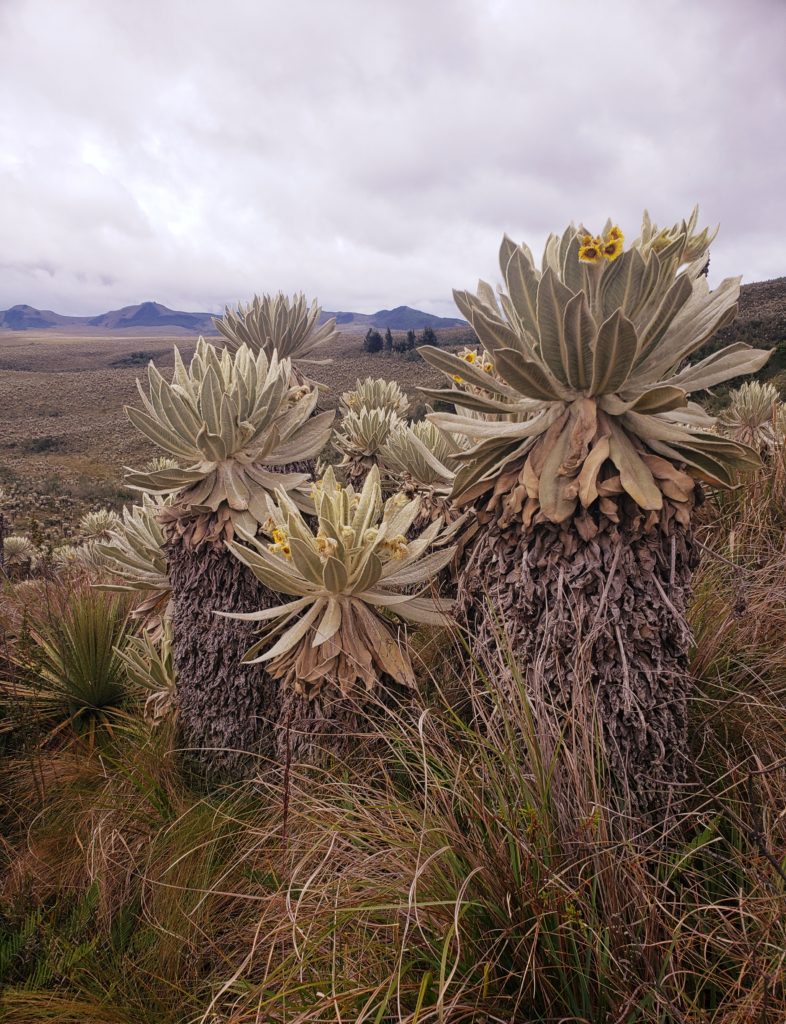
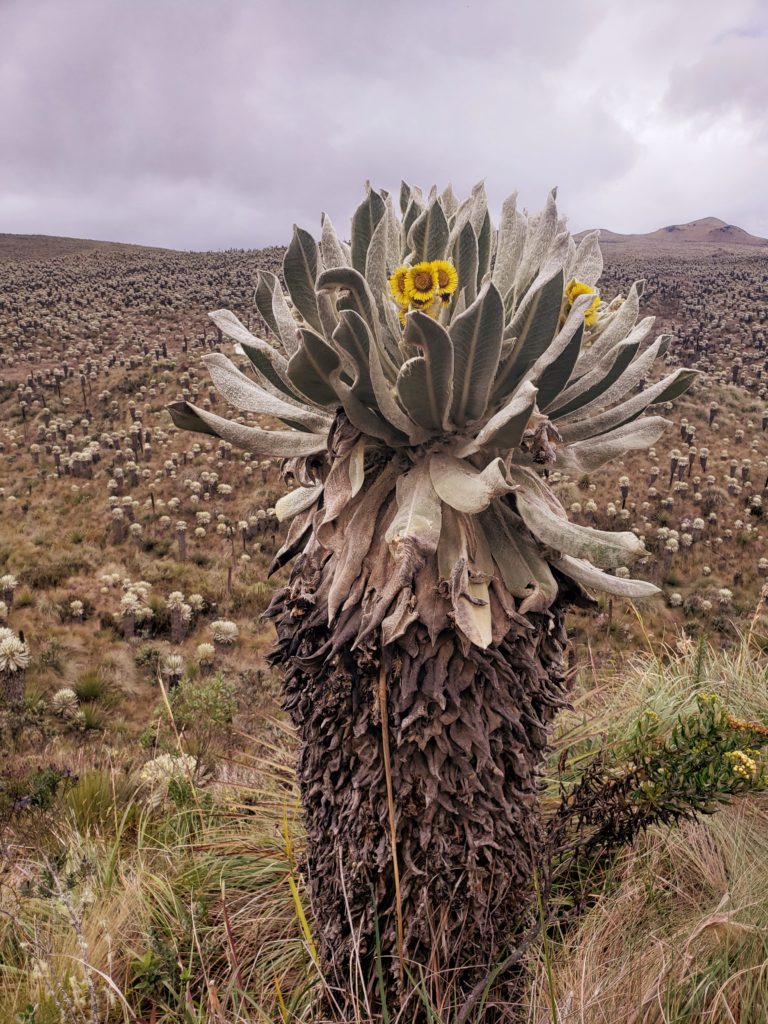
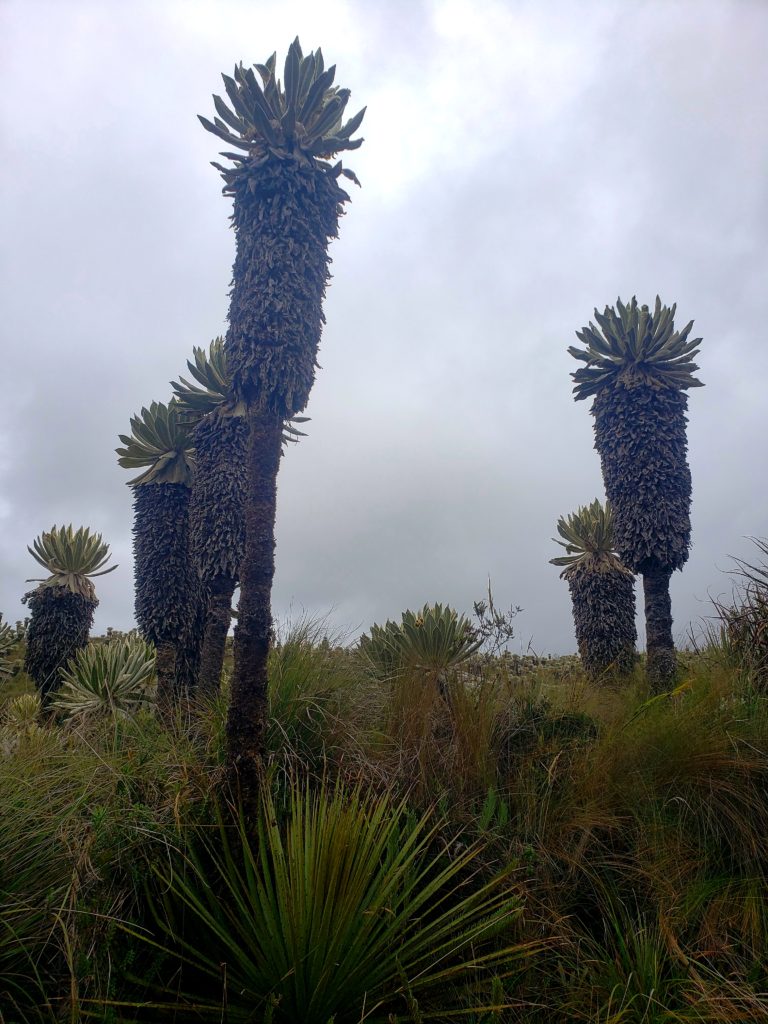
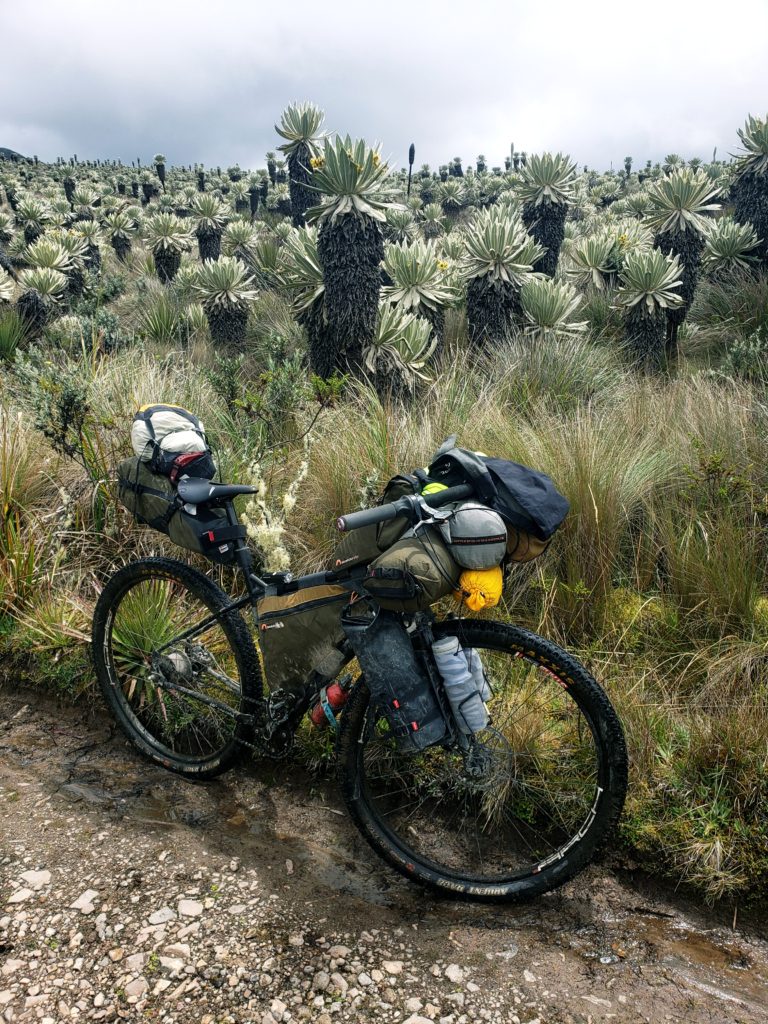
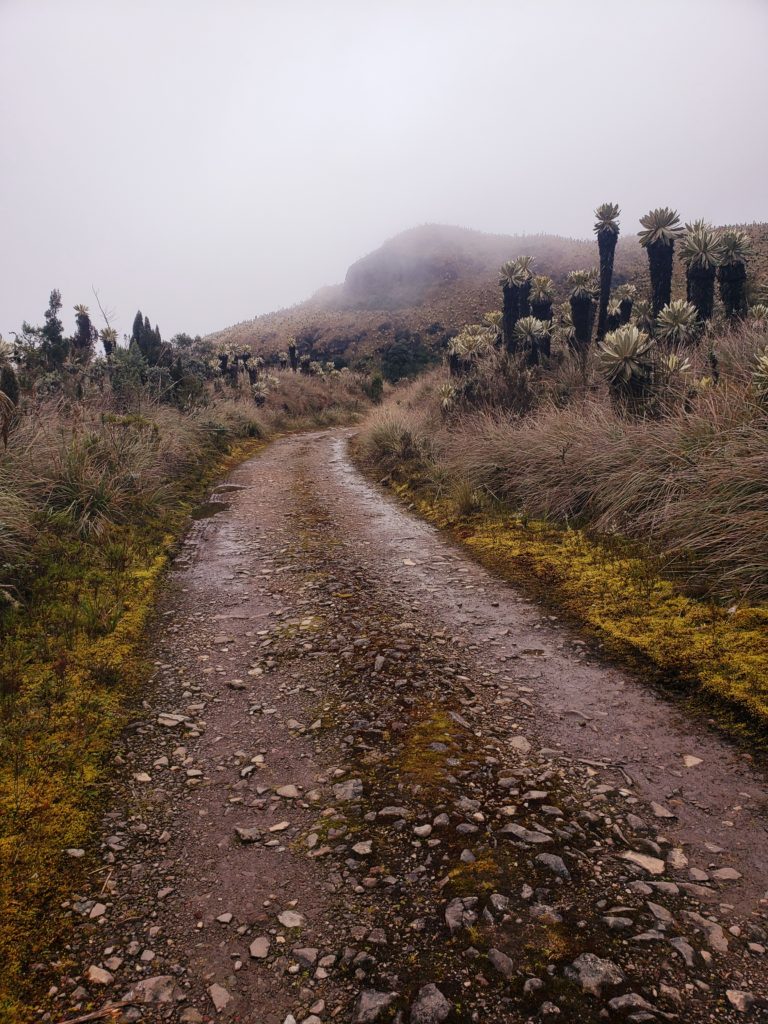
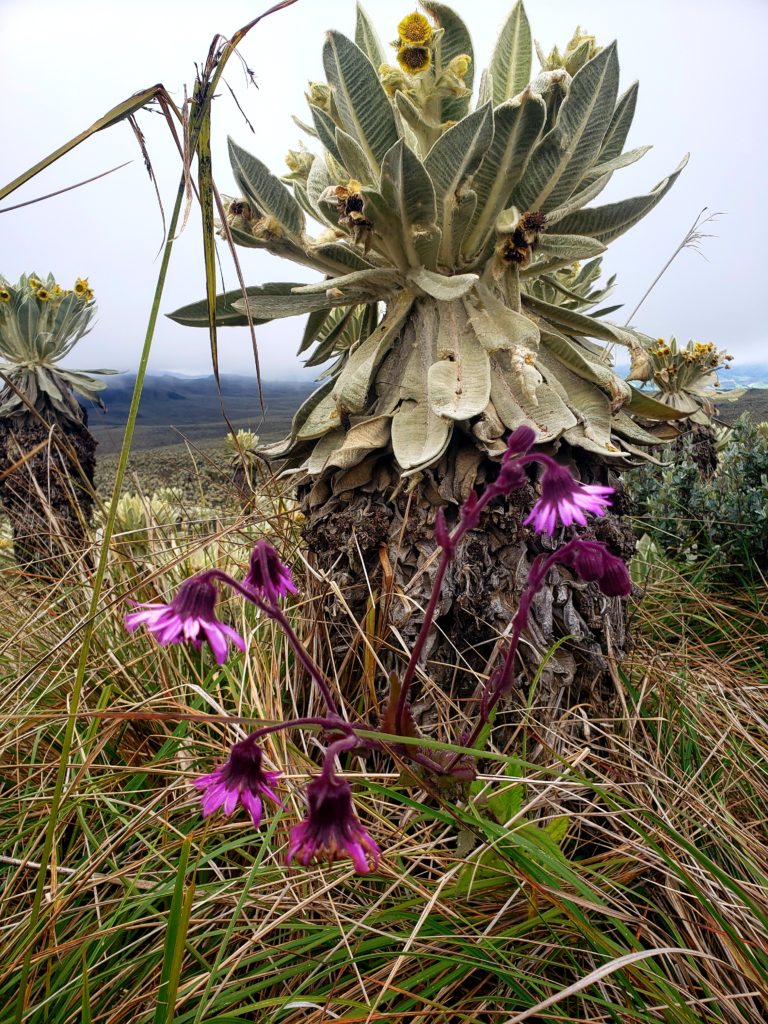
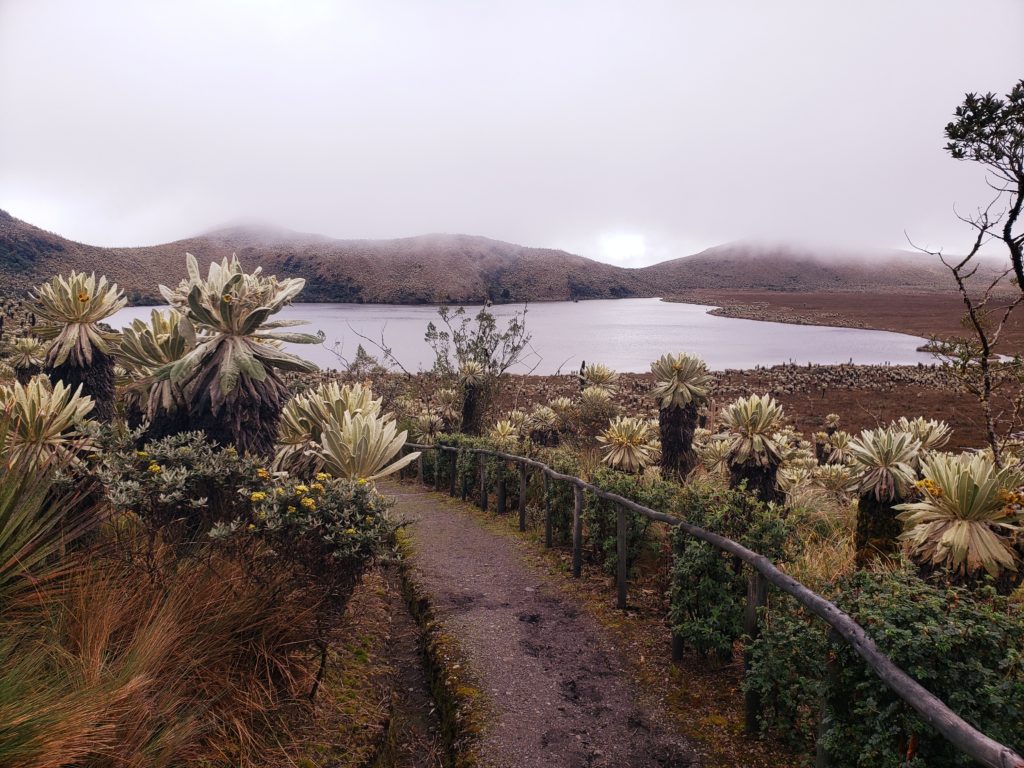
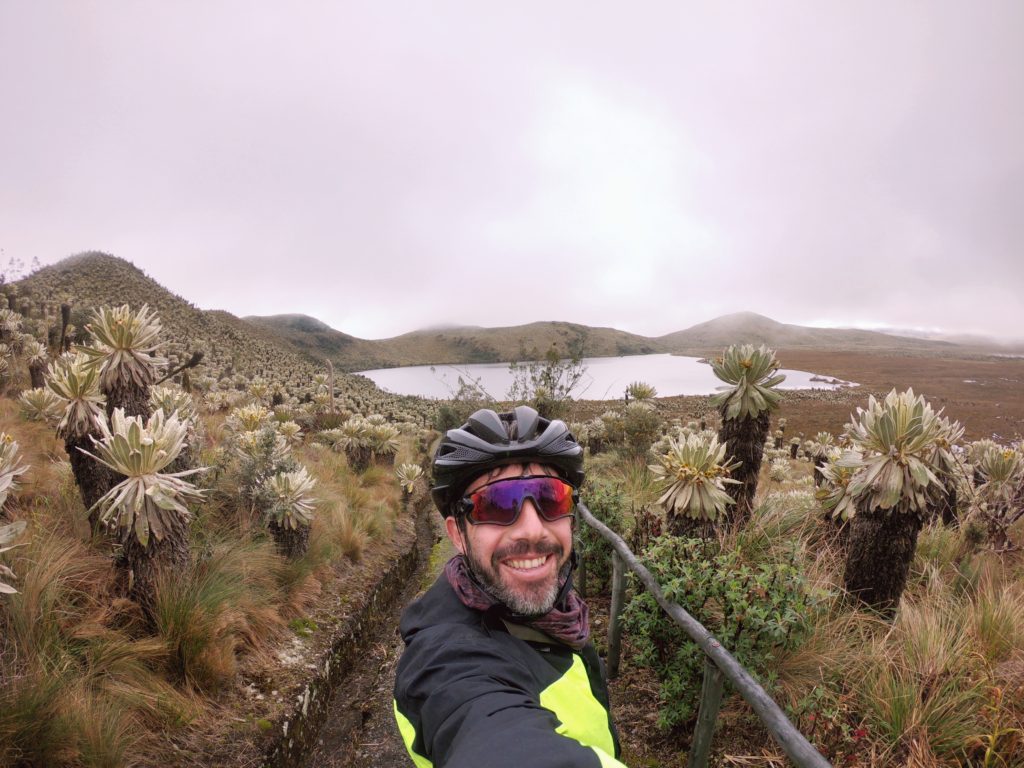
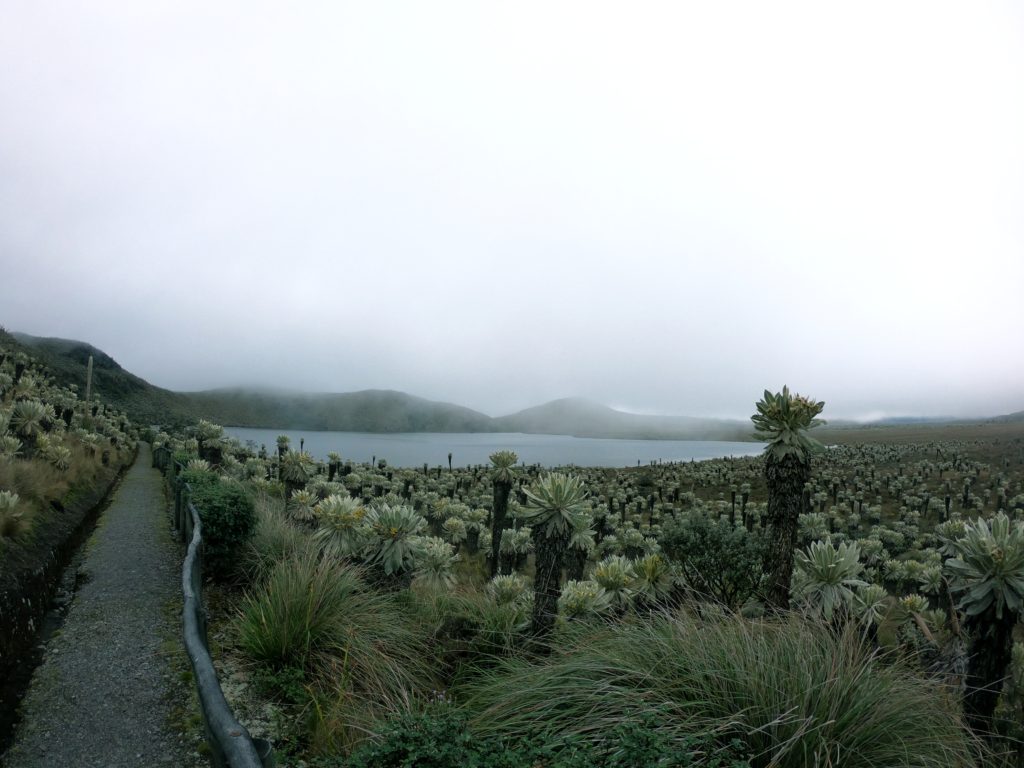
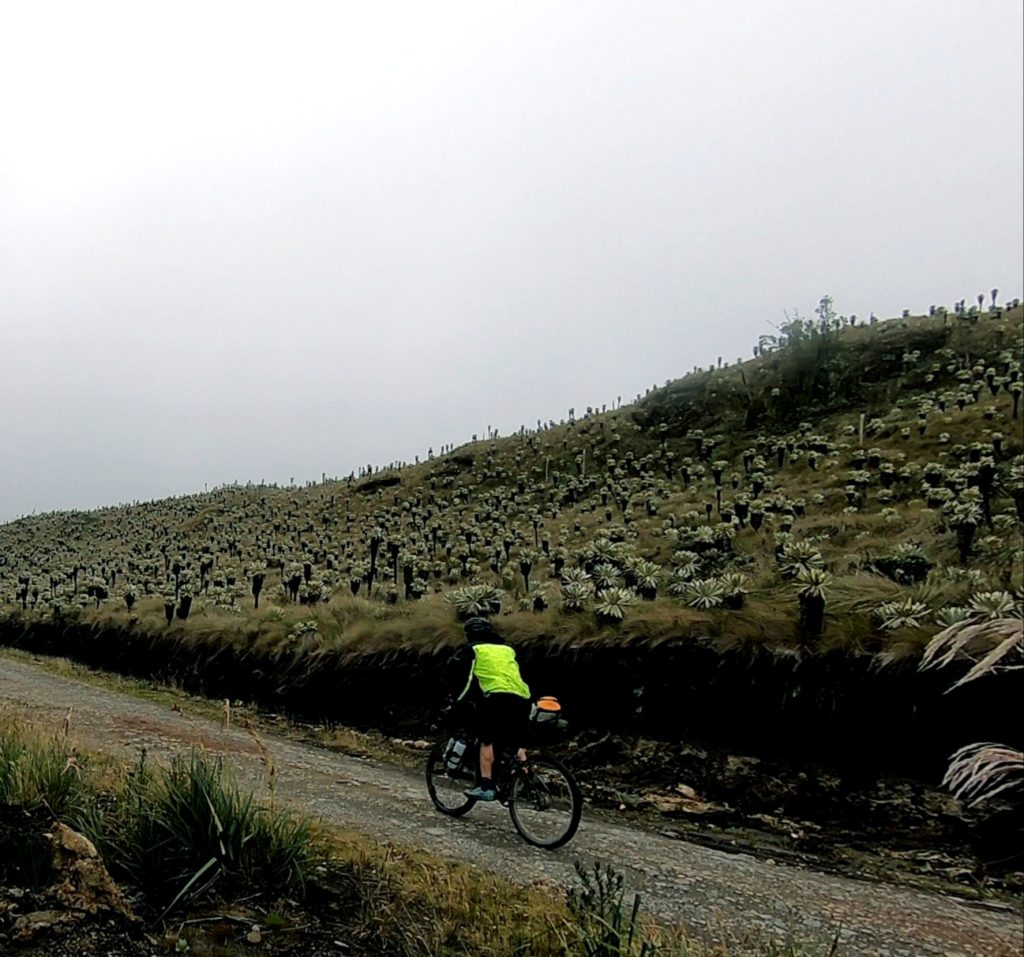
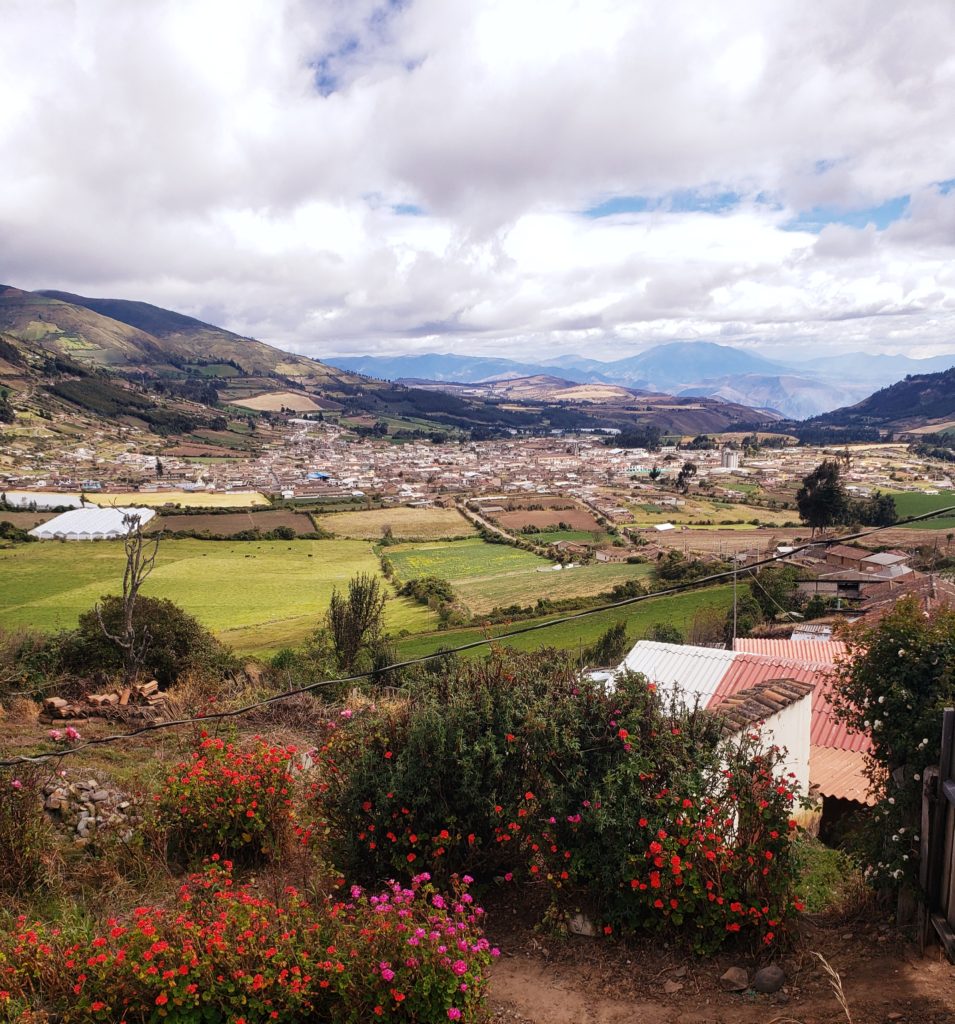
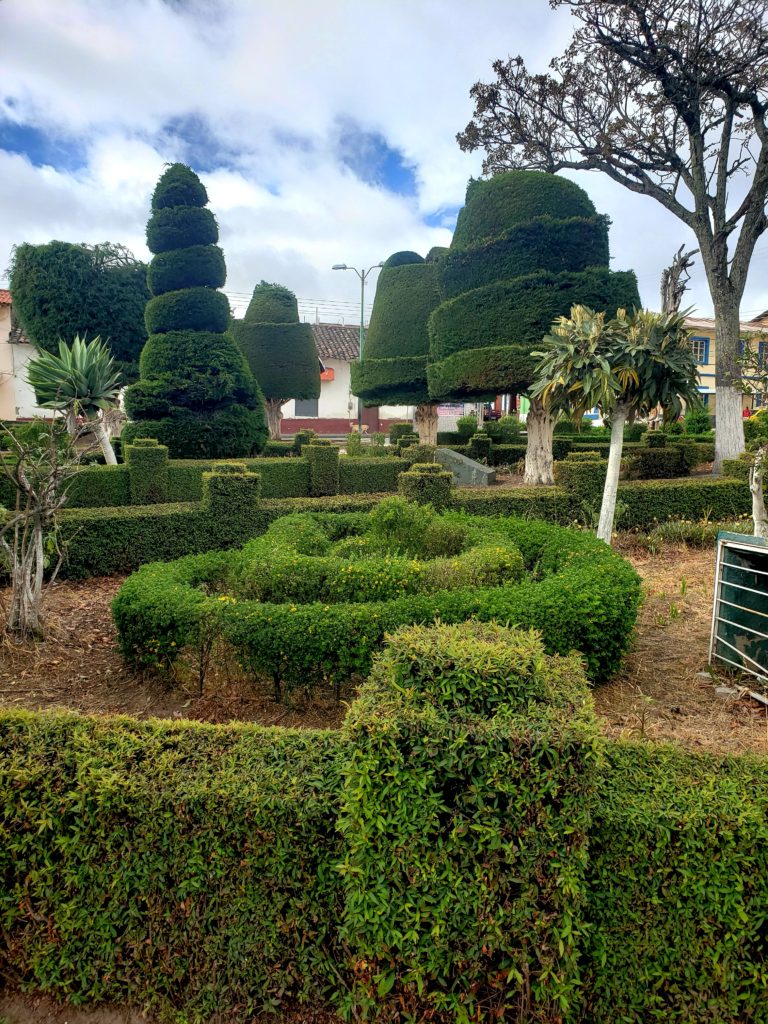
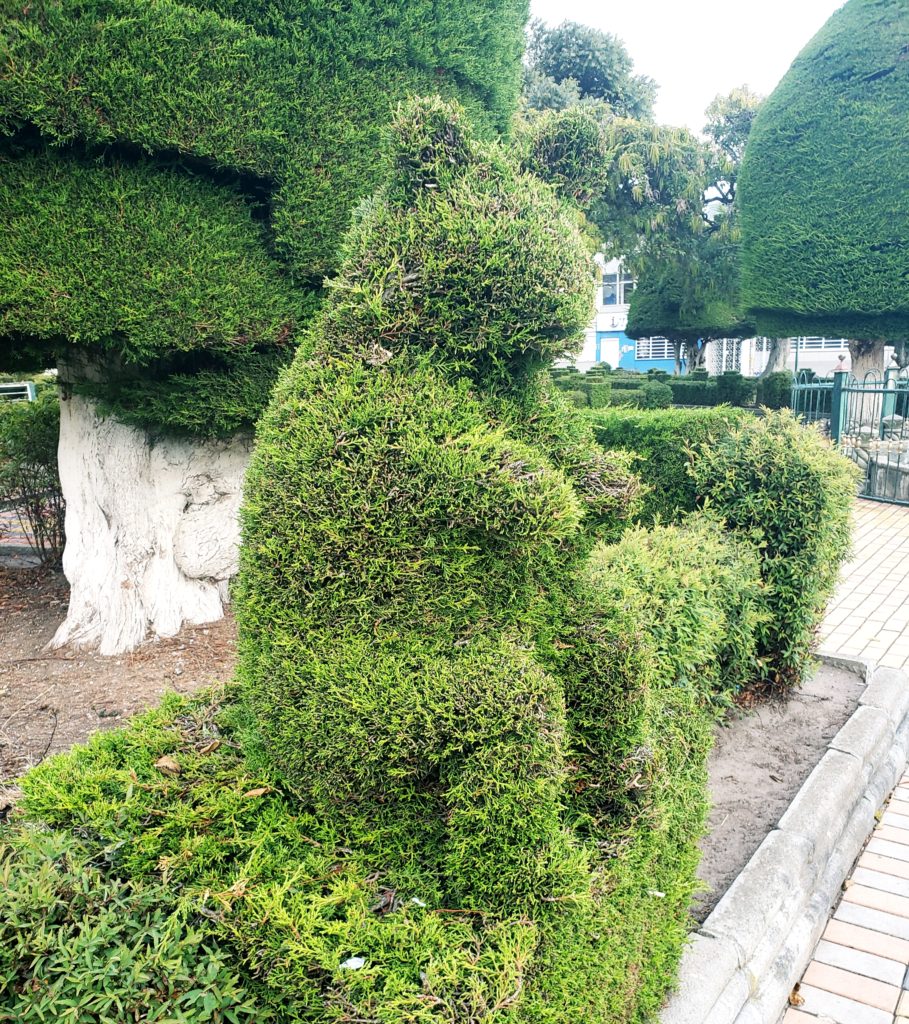
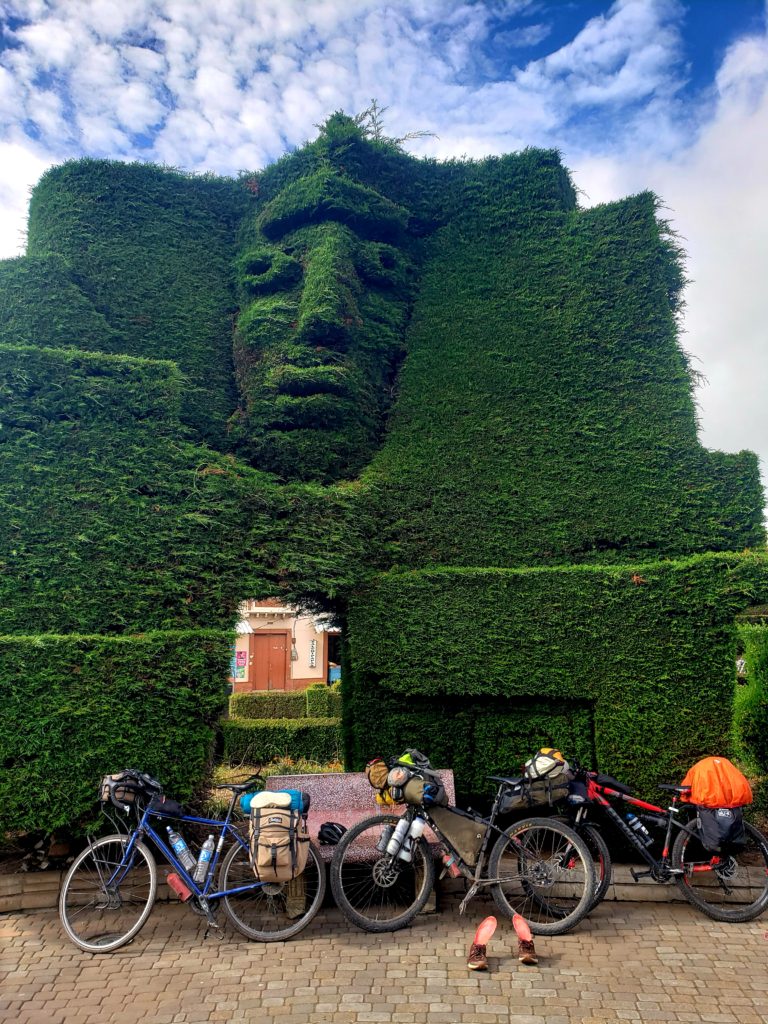
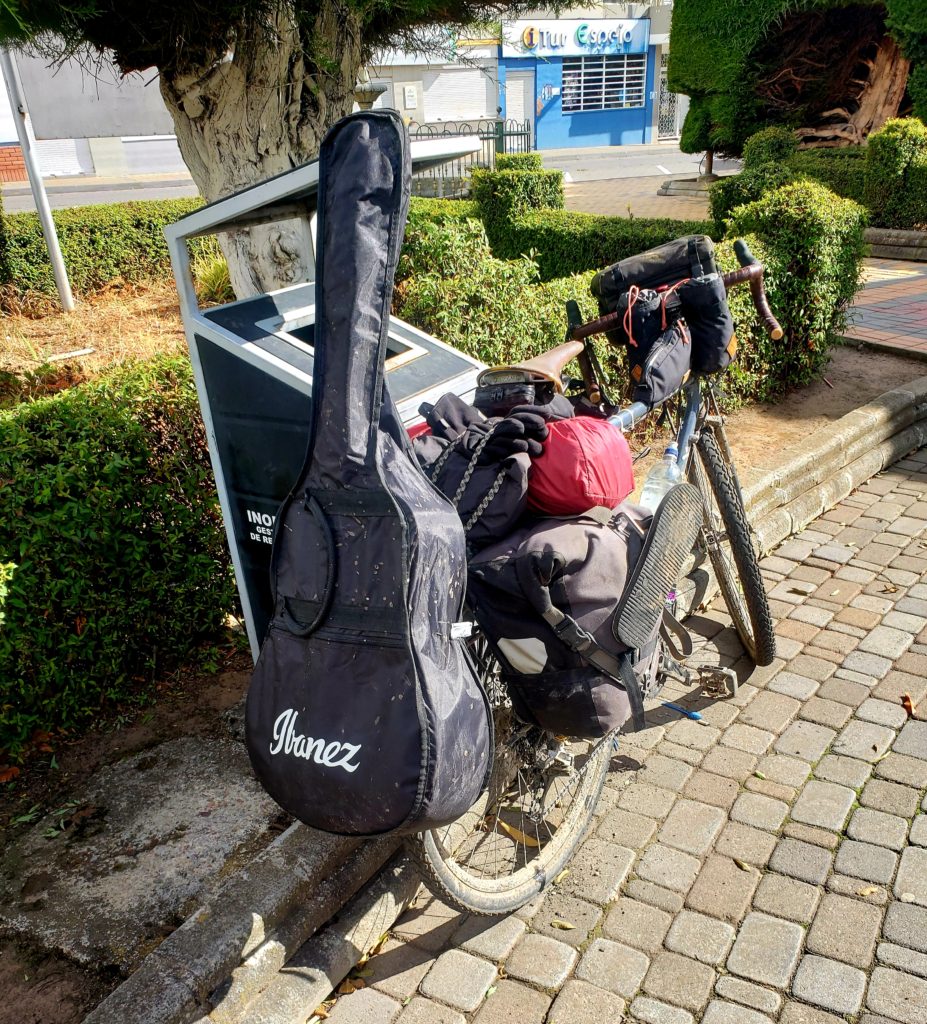
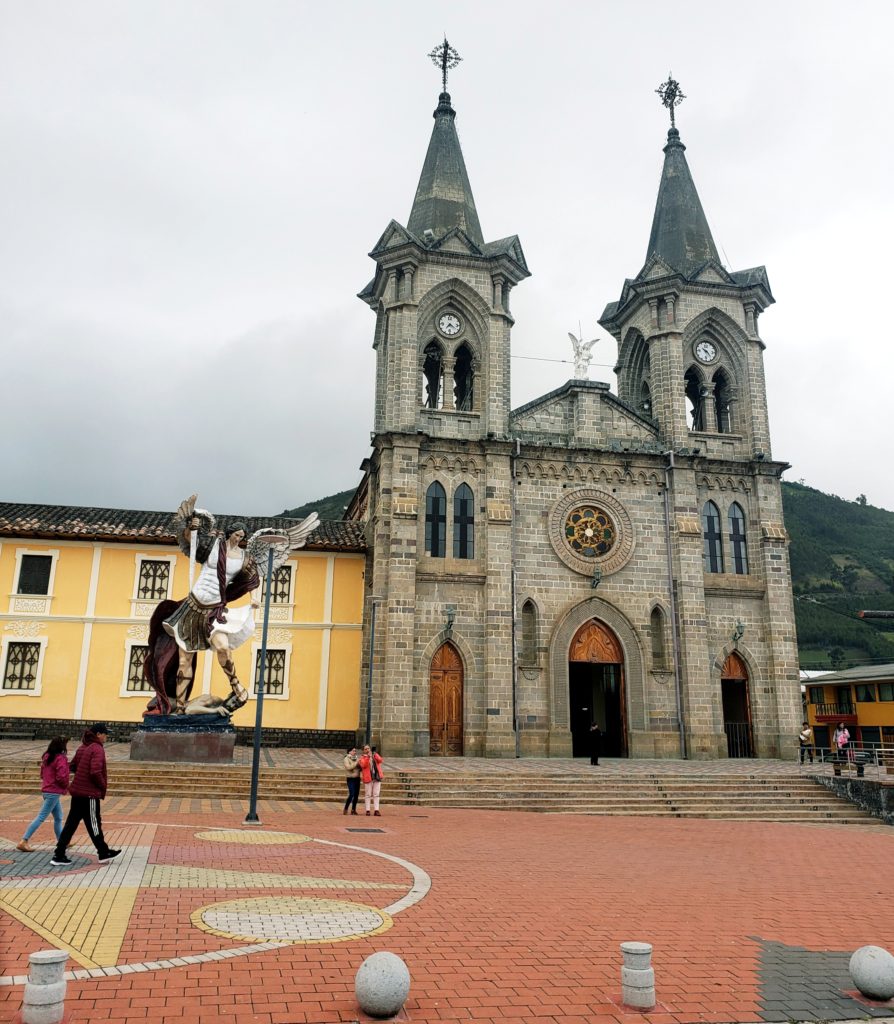
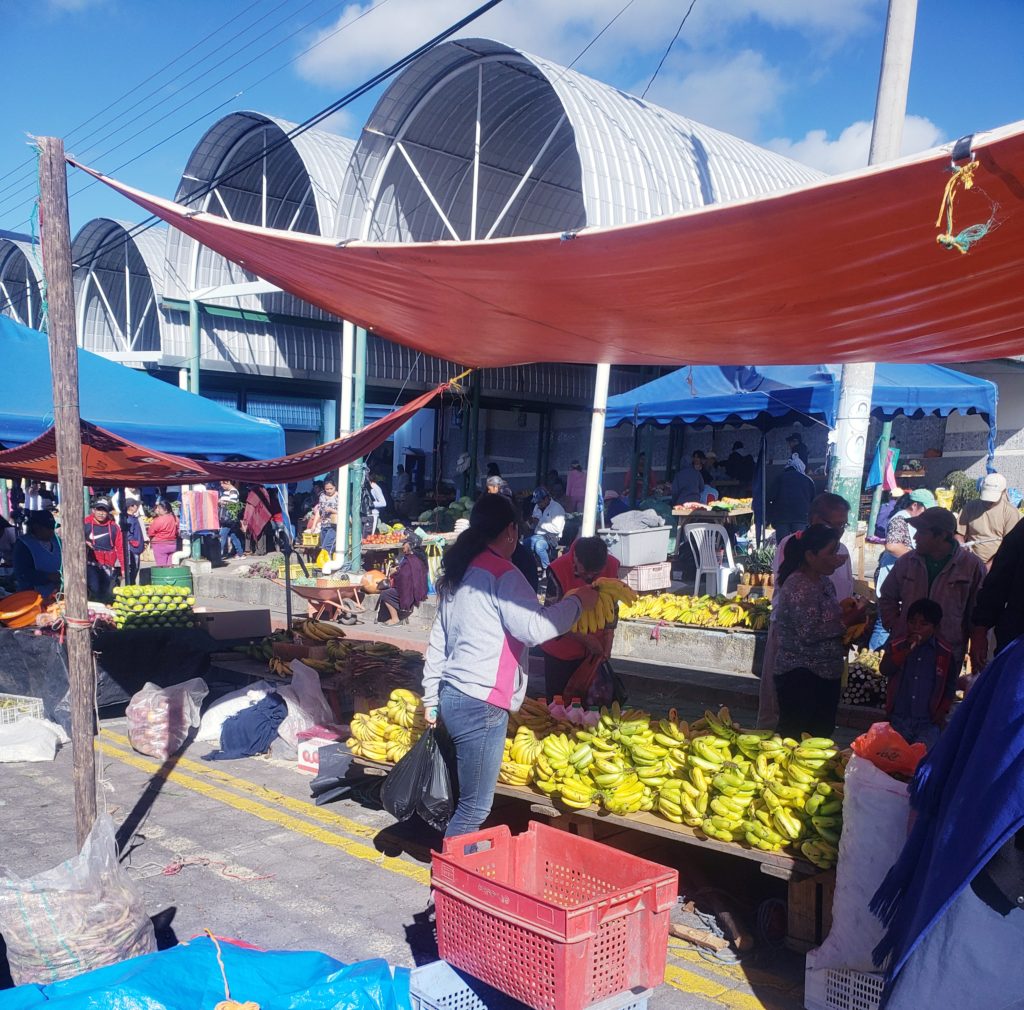
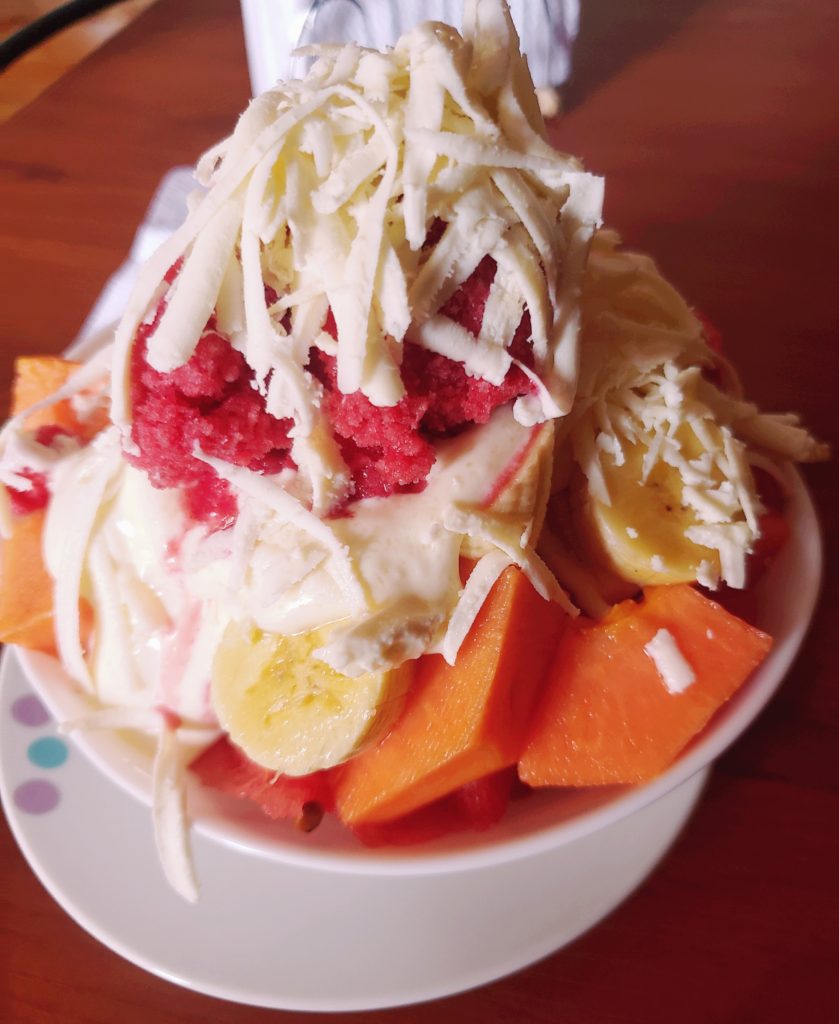
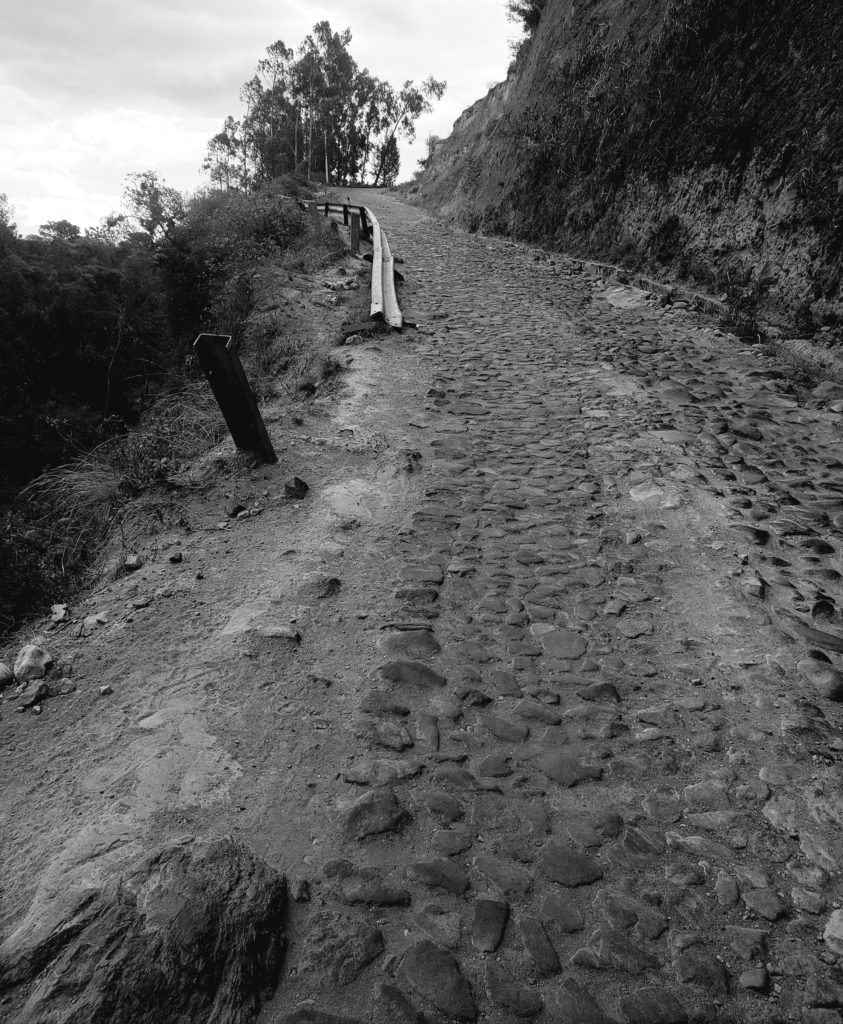
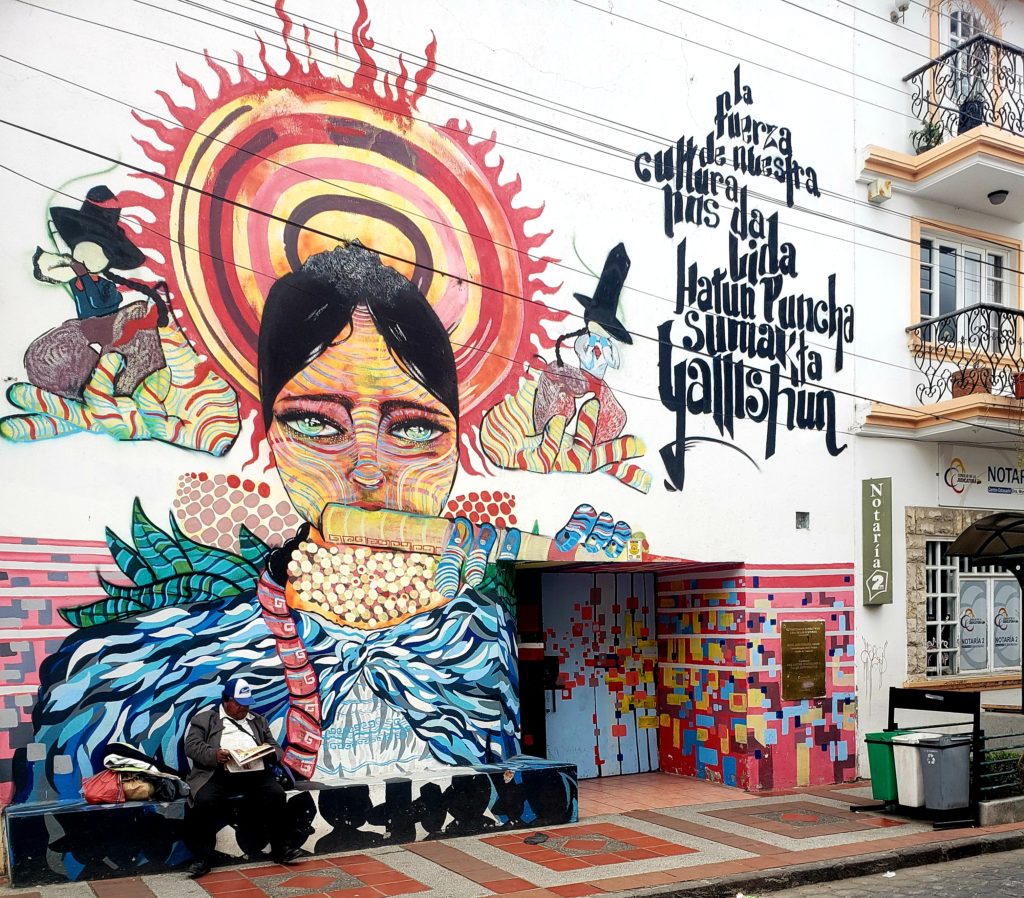
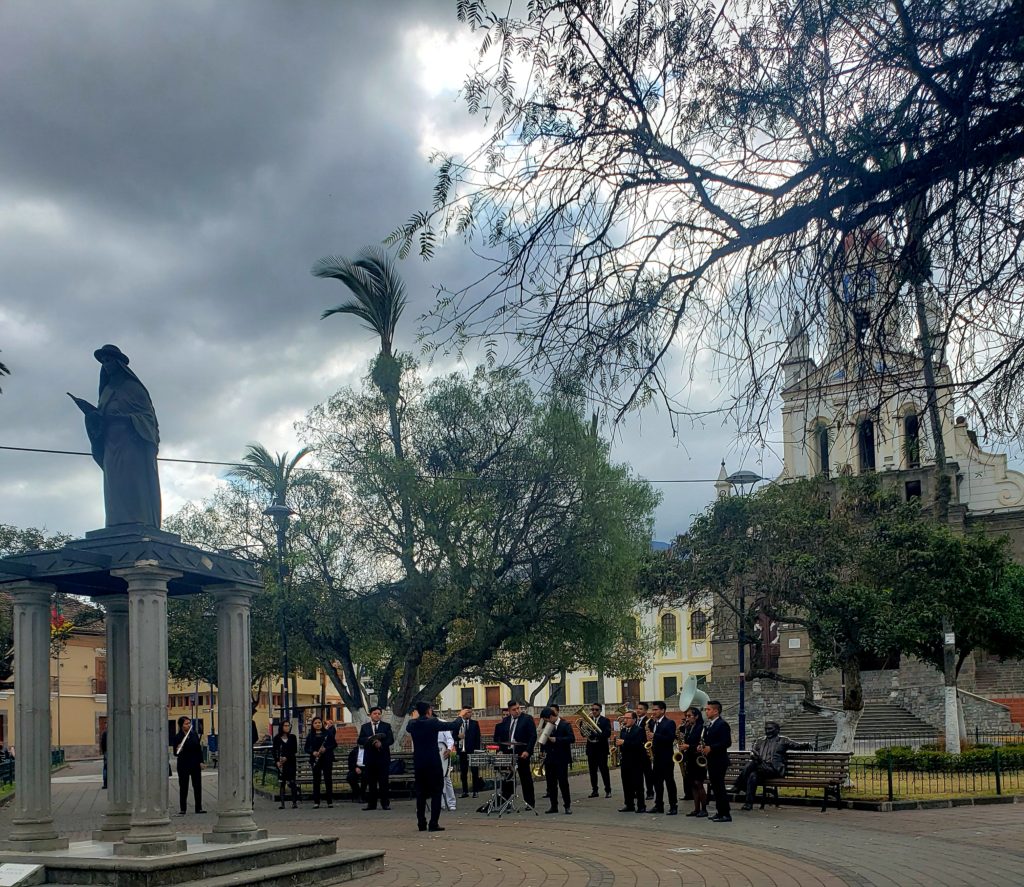
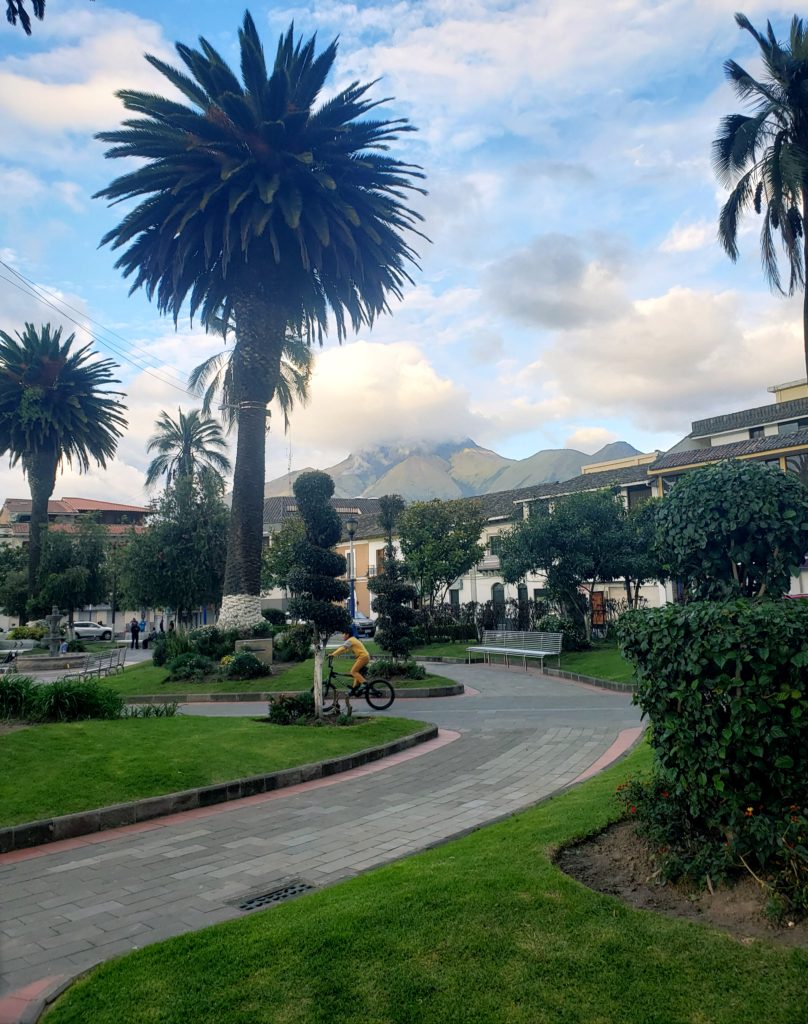
Archives
Calendar
| M | T | W | T | F | S | S |
|---|---|---|---|---|---|---|
| « Mar | ||||||
| 1 | 2 | 3 | 4 | |||
| 5 | 6 | 7 | 8 | 9 | 10 | 11 |
| 12 | 13 | 14 | 15 | 16 | 17 | 18 |
| 19 | 20 | 21 | 22 | 23 | 24 | 25 |
| 26 | 27 | 28 | 29 | 30 | 31 | |